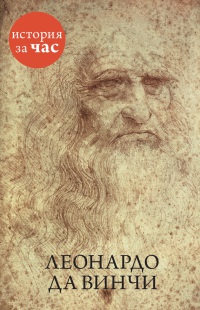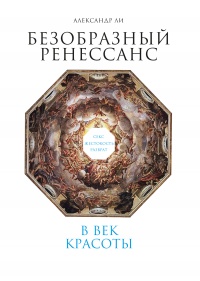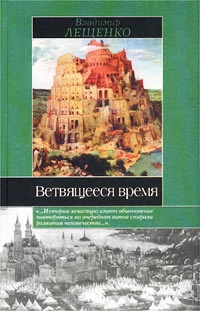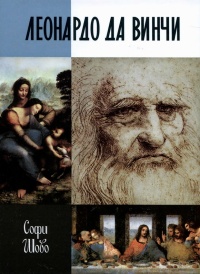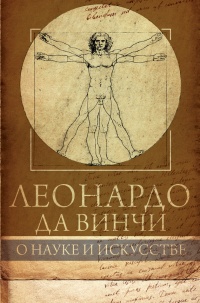Книга Ренессанс. У истоков современности - Стивен Гринблатт
Читать книгу Ренессанс. У истоков современности - Стивен Гринблатт полностью.
Шрифт:
-
+
Интервал:
-
+
Закладка:
Сделать
Перейти на страницу:
Перейти на страницу:
Книги схожие с книгой «Ренессанс. У истоков современности - Стивен Гринблатт» от автора - Стивен Гринблатт:
Комментарии и отзывы (0) к книге "Ренессанс. У истоков современности - Стивен Гринблатт"








